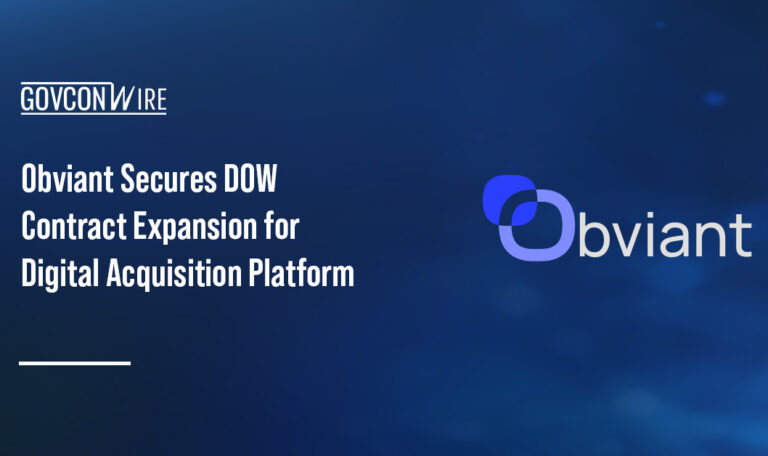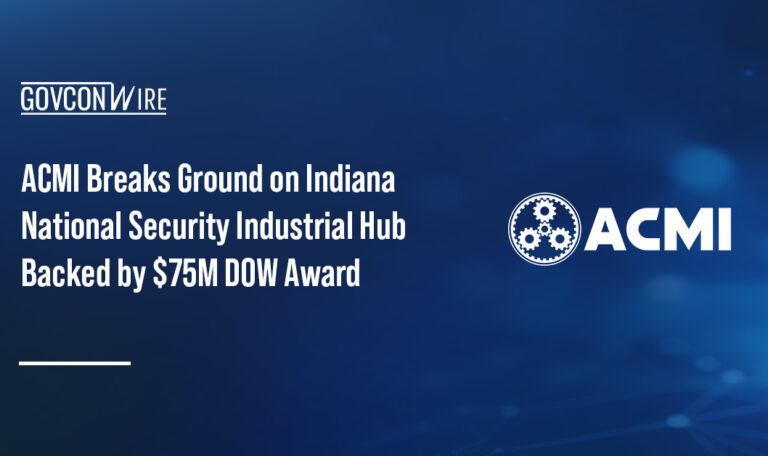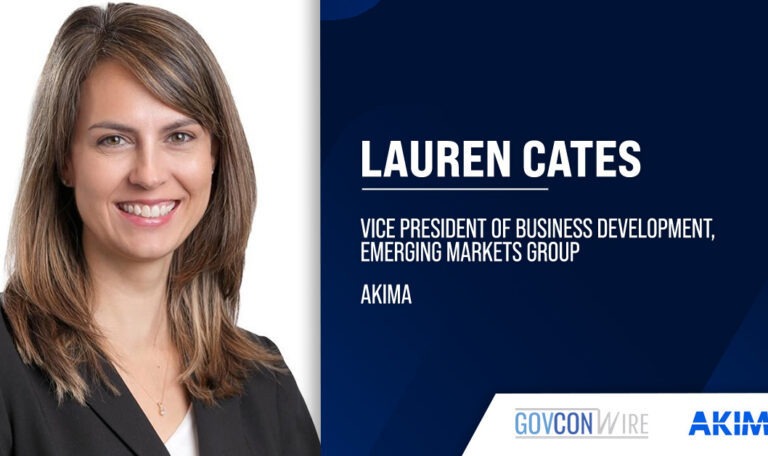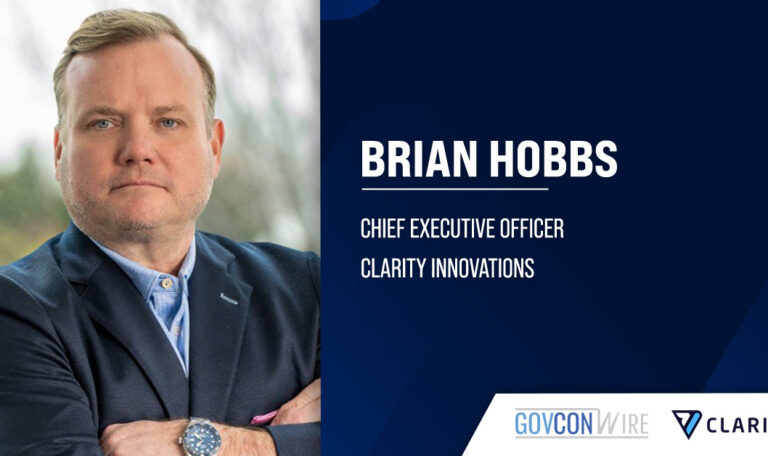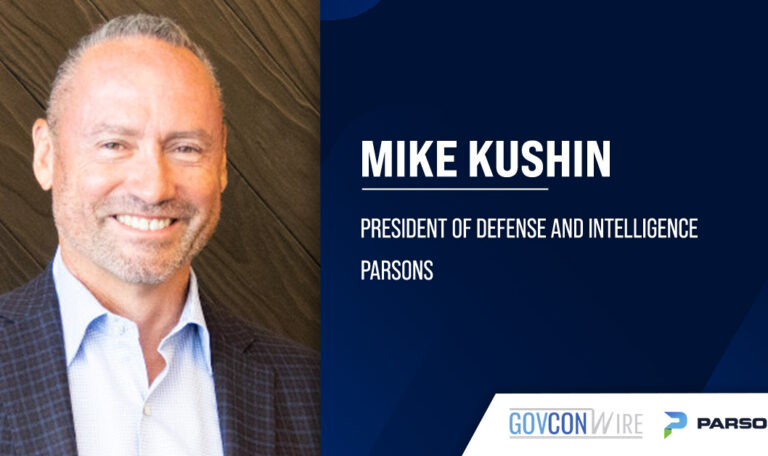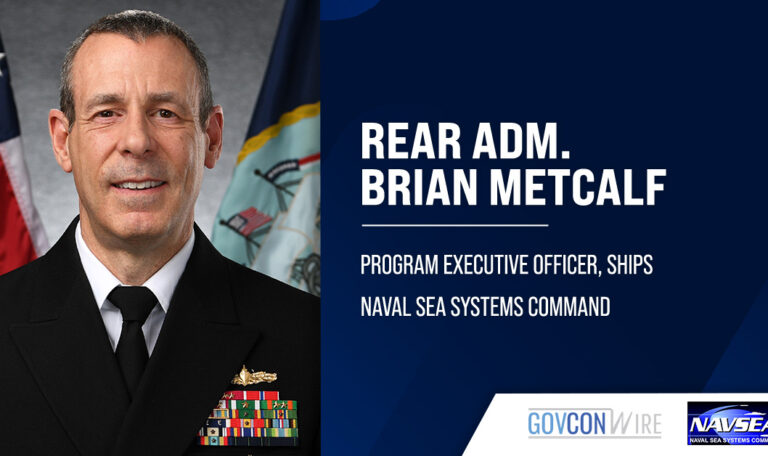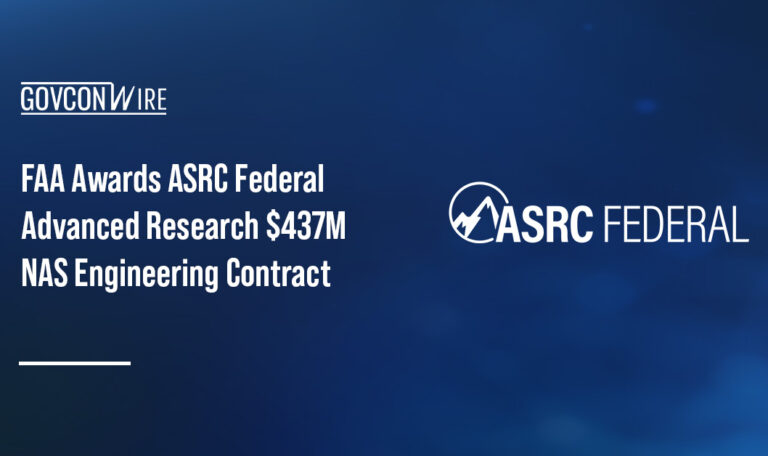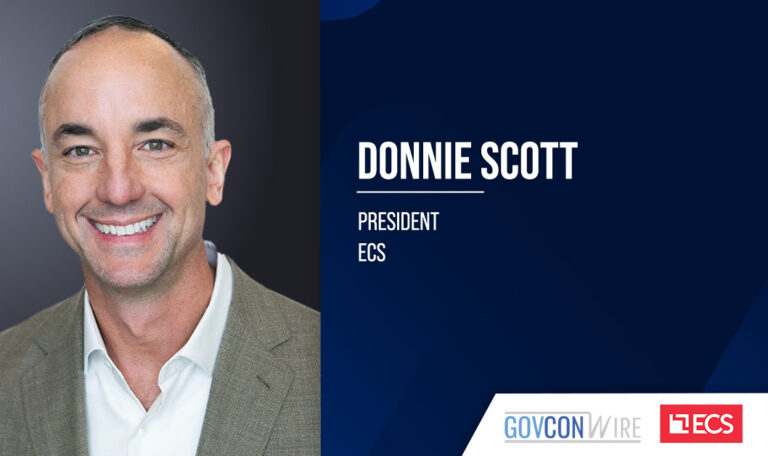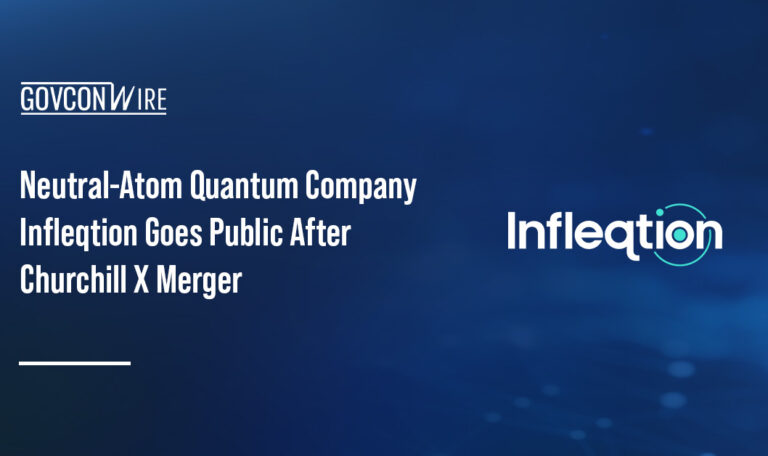 NASA has awarded Orbital ATK (NYSE: OA), Sierra Nevada and SpaceX a second round of potential multi-billion dollar contracts to deliver cargo to and from the International Space Station through 2024 in support of efforts to end U.S. reliance on Russia for access to space by 2017, agency officials said Thursday.
NASA has awarded Orbital ATK (NYSE: OA), Sierra Nevada and SpaceX a second round of potential multi-billion dollar contracts to deliver cargo to and from the International Space Station through 2024 in support of efforts to end U.S. reliance on Russia for access to space by 2017, agency officials said Thursday.
Each new Commercial Resupply Services contract was awarded as indefinite-delivery/indefinite-quantity on a fixed-price basis for at least six cargo flights per company to the station based nearly 250 miles above Earth with options for additional missions.
The agency has set a target date of late 2019 to start launches under CRS-2 and could award the first task order for a flight sometime later this year, ISS Program Manager Kirk Shireman said in a briefing at Houston’s Johnson Space Center to announce the new contracts.
“We plan to order services based on our current estimates of station needs. The indefinite-delivery/indefinite-quantity contract enables us to adjust as necessary for additional missions or contingencies so we can provide the greatest benefits possible from this great international asset, ” Shireman added.
NASA estimated the total CRS-2 ceiling at around $14 billion over the six-year period but Shireman said the agency does not expect to reach that amount as it will order missions on an “as-needed” basis and prices paid depend on the types of flights ordered.
Dulles, Virginia-based Orbital ATK and the Elon Musk-owned SpaceX outfit are contracted to continue their ISS cargo resupply flights through 2017 under the initial round of CRS contracts awarded in 2008.
The first CRS contracts covered eight flights worth $1.9 billion combined for the former Orbital Sciences and 12 flights at $1.6 billion for SpaceX.
Shireman said the agency expects to award Orbital ATK and SpaceX additional CRS-1 task orders to bridge a potential gap in flights before the start of CRS-2.
CRS-2 contracts have requirements for both mass and volume as opposed to CRS-1 and Orbital ATK could carry out its launches from either Florida or Virginia with Sierra Nevada and SpaceX solely from Florida, Shireman said.
Orbital ATK plans to use a rebuilt Antares rocket and the company’s Cyngus spacecraft for launches under the new CRS contracts by this summer and Sierra Nevada is developing its Dream Chaser miniature shuttle for the missions, while SpaceX will fly its Dragon spacecraft.
The Antares launches would take place at Wallops Island in Virginia and Cyngus flights in Florida via a United Launch Alliance Atlas V rocket, Shireman said.
At least five companies were in the running for the CRS Round 2 contracts before Lockheed Martin (NYSE: LMT) and Boeing (NYSE: BA) were respectively ruled out in October and November, according to separate reports by the Wall Street Journal and Bloomberg.
Boeing and SpaceX were selected by NASA in September 2014 to bring U.S. astronauts to and from the ISS under a set of contracts valued at $6.8 billion combined for the agency’s Commercial Crew Transportation Capability program.





